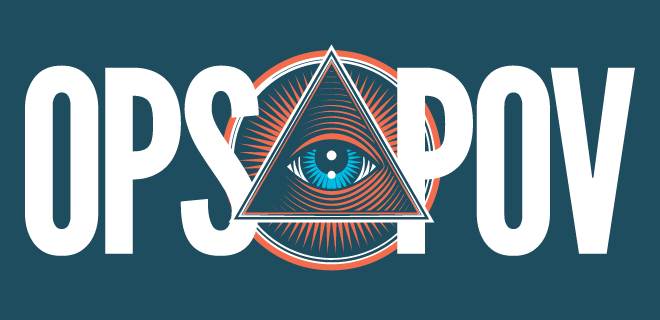
Prebid’s Transaction ID change sparks debate over publisher innovation vs. open standards, raising questions about transparency and interoperability. Terry Guyton-Bradley, Head of Retail Media at TCS, shares his insights.
The recent changes to Prebid’s handling of the Transaction ID (TID) have reignited a long-standing tension within the programmatic ecosystem: the balance between innovation driven by publishers and the need for strict adherence to open technical standards.
On one hand, Prebid’s move reflects the desire for greater transparency, control and flexibility at the publisher level. On the other hand, the deviation from the OpenRTB specification introduces real risks of fragmentation and erosion of trust across the supply chain.
Why the Transaction ID Matters
The TID is more than just a field in a bid request; it is the connective tissue that enables traceability, troubleshooting and accountability in programmatic advertising. Buyers rely on it to reconcile logs; SSPs and DSPs use it for monitoring delivery; and publishers depend on it for transparency into how their inventory is transacted. In short, it is a linchpin for interoperability.
Prebid’s reinterpretation of the TID may provide short-term gains for publishers seeking more granular insight or tighter control of their auction mechanics. However, when a widely used open-source tool makes unilateral changes, the ripple effects spread quickly. Without alignment, each link in the chain risks reading the same signal differently, creating inconsistency where there should be standardization.
The Case for Innovation
It’s important to acknowledge that Prebid’s decision did not happen in a vacuum. Many publishers have long voiced frustration with the pace at which standards bodies adapt to evolving needs. The industry has debated the utility and definition of TID for years.
By taking bold action, Prebid has catalyzed a conversation that might otherwise remain stagnant. In that sense, the change highlights the publisher community’s demand for innovation and agility, particularly in a marketplace that often moves faster than governance processes.
Prebid’s shift also underscores publishers’ growing insistence on owning the data exhaust of their auctions. By exerting control over the TID, publishers may see improvements in log-level transparency, discrepancy resolution and data governance—outcomes that are undeniably positive for those managing revenue operations.
The Cost of Fragmentation
Yet innovation without alignment comes at a cost. If DSPs and buyers cannot rely on consistent interpretations of a transaction ID, trust in the open programmatic pipes weakens. Marketers may divert spend to walled gardens, where the consistency and control—however closed—feels safer. Intermediaries will face rising engineering costs to reconcile inconsistent implementations. The net effect could be lower liquidity, weaker CPMs and a less efficient market overall.
The Path Forward
The industry now faces a critical choice: double down on unilateral changes or collaborate to evolve the standard in ways that meet publishers’ needs while maintaining global consistency. The right path is clear.
The IAB Tech Lab, Prebid, publishers and buyers must come together in a dedicated forum to define a forward-looking approach to the TID. This is not about punishing innovation; it is about channeling it through collaborative governance.
The programmatic ecosystem thrives when flexibility and interoperability are in balance.
Prebid’s change is a signal that publishers’ needs are shifting, but it is also a reminder that open standards remain the glue that holds this marketplace together. Long-term strength will come not from bypassing specifications but from modernizing them—together.